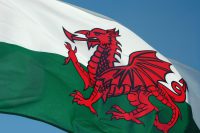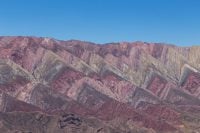Ushuaia Beauty is a brand of beauty, body care, and hygiene products. The Ushuaia Beauty products are available in a wide range of shower gels and deodorants for men and women. The names of their products are related to themes of travel and beauty rituals around the world.
History of the Ushuaia Beauty Brand
The brand Ushuaia was trademarked by the group TF1 in 2005. Its billing is estimated in 100 million dollars per year.
This general brand is divided into several areas, as its operation license was sold to fifteen different companies. For instance, the Ushuaia Beauty brand for hygiene and beauty products is connected to L’Oréal, but the Ushuaia brand is present in many other fields, such as optics (Atol), electronics (Lexibook), and stationary (Quo Vadis), among others.
Ushuaia Beauty, a Controversial Brand?
Controversy over the Ushuaia Beauty brand began when organizations such as Greenpeace, and about 60 million consumers, started making claims about some of their products (shower gels and deodorants), stating that they could be harmful to the users and the environment.
The use of the name Ushuaia was connected to the Ushuaia Nature show, a documentary series conducted by Nicolas Hulot between 1998 and 2004. At the time, they were the most expensive documentaries ever made for television, giving Nicolas Hulot an enormous freedom in their making, which hugely contributed to their success. The footage collected for the documentaries was truly stunning.
These shows highlighted alternative and ecological environments. A number of experts were interviewed and the show was committed to the protection of endangered species and respect towards nature.
Involvement of the Ushuaia Beauty Brand
Of course, Nicolas Hulot remains outside of the activities conducted by the Ushuaia Beauty brand, which was created after the sale of a license to L’Oréal. Nevertheless, Eole Council, a company in which he participates, profits directly from the sales of Ushuaia Beauty products.
A Conflict of Values
Detractors of the Ushuaia Beauty brand point their fingers at the composition of their products, but also at the gap between the values apparently defended by Nicolas Hulot and the mercantile aspect of the company. The distance is considerable: a connection to a large CAC40 group, while the values promoted are the defense and respect towards the environment.
Additionally, the Eole administration, 99% of which belongs to Nicolas Hulot, has raised a number of doubts. After becoming part of the government, Nicolas Hulot resigned to Eole, but still receives income related to the Ushuaia brand.
Eole was also in the center of attention due to changes to its statutes that broadened its scope. As a result, some say, the company became a mere promoter of the “Nicolas Hulot” name. The claims, once again, aimed at the distance between the values defended by Hulot and the mercantile side of the company. But is it reproachable that a company seeks to make a profit even if its prosperity poses no problem to the integrity of their leaders? The question remains open.
No comments yet
There are no comments on this post yet.






Leave a comment